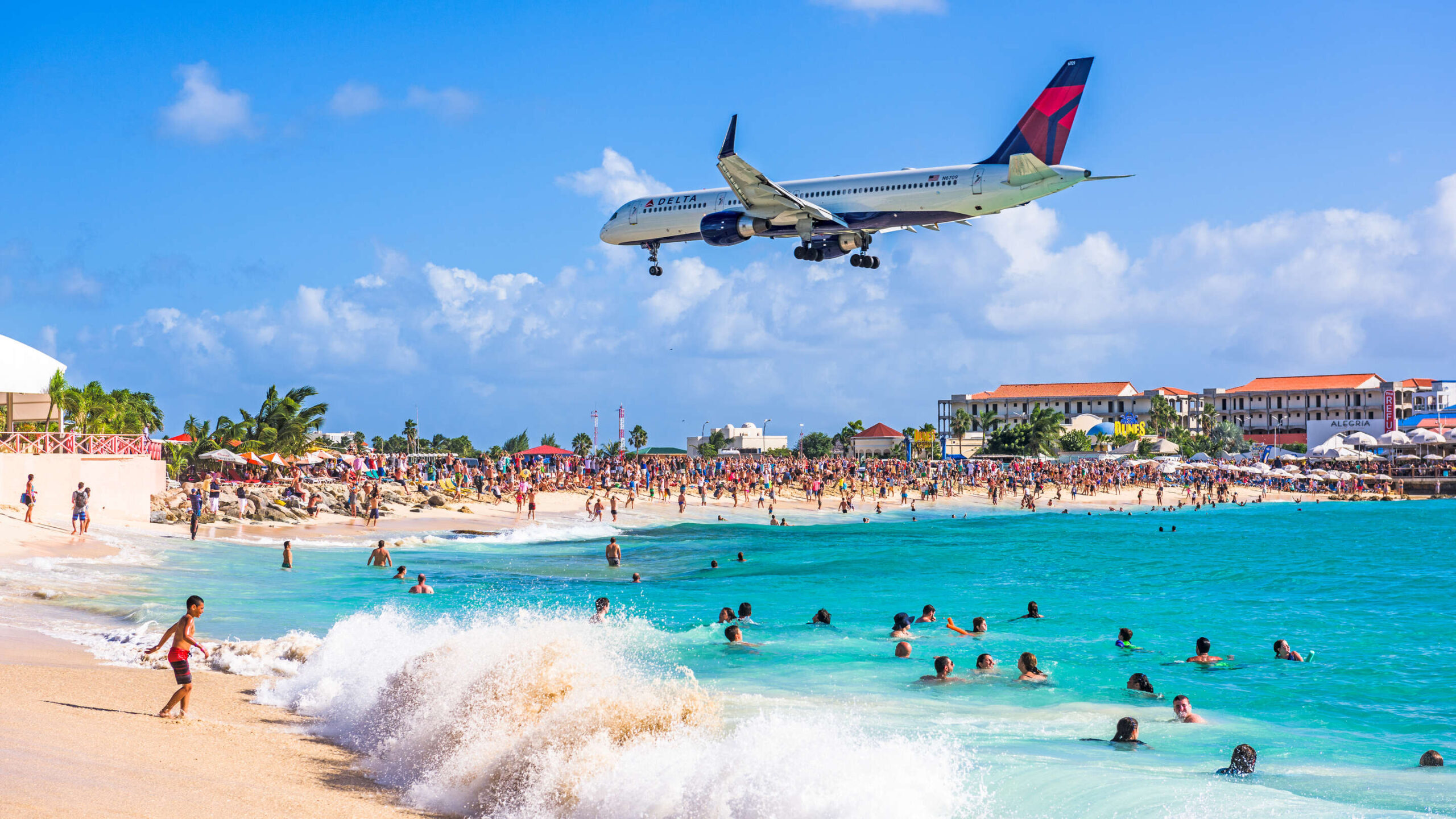In the days before the widespread availability of modern conveniences, women in the Caribbean demonstrated remarkable resilience and resourcefulness in their daily lives. One of the most evocative and enduring images of this era is that of women gathering at the river to wash their clothes—a testament to their hard work, communal spirit, and ingenuity.
For many Caribbean women, the river was not just a place to do laundry; it was a vital communal space. In an era when running water and washing machines were luxuries that few could afford, the river provided a natural solution to the pressing need for clean clothes. Women would often walk considerable distances, balancing baskets of soiled garments on their heads, to reach the nearest river or stream.
Washing clothes by hand in the river was both an art and a labor-intensive task. Women would begin by soaking the clothes in the cool, flowing water, allowing the currents to loosen dirt and grime. Using homemade soap, often crafted from natural ingredients like coconut oil and ashes, they would scrub each garment meticulously against large, flat stones or wooden boards. The rhythmic sound of washing was a familiar symphony, punctuated by laughter and conversation as women shared stories and bonded over their shared labor.
Nature played a crucial role in the laundry process. The sun's heat helped to dry the clothes once they had been washed and rinsed in the river. Women would spread the garments on rocks, bushes, or makeshift clotheslines strung between trees, letting the tropical sun work its magic. The fresh, natural scent imbued by the river and the sun was a distinctive and cherished aspect of this traditional method.
The river laundry trips were more than just routine chores; they were integral to the social fabric of Caribbean life. These gatherings provided women with a rare opportunity to socialize outside their homes, exchange news, and offer each other support. In many ways, the riverbank served as a communal space where friendships were forged, and community bonds were strengthened.
As technology advanced and economic conditions improved, the sight of women washing clothes by the river gradually became less common. The advent of running water, washing machines, and other household appliances brought about significant changes in domestic life. These innovations undoubtedly made the task of doing laundry easier and less time-consuming, freeing women to pursue other activities.
However, the transition to modern conveniences also marked the end of a unique cultural practice. While the river still flows and the stones remain, the communal gatherings that once defined Caribbean riversides have largely faded into memory. Yet, the legacy of these industrious women lives on, reminding us of their strength, resilience, and the rich cultural heritage they helped to shape.
Today, as we enjoy the convenience of modern appliances, it is important to remember and honor the women who, with tireless dedication, went to the river to wash their clothes. Their efforts laid the foundation for the comforts we now often take for granted. By preserving their stories and celebrating their contributions, we ensure that the spirit of community and resilience they embodied continues to inspire future generations.








